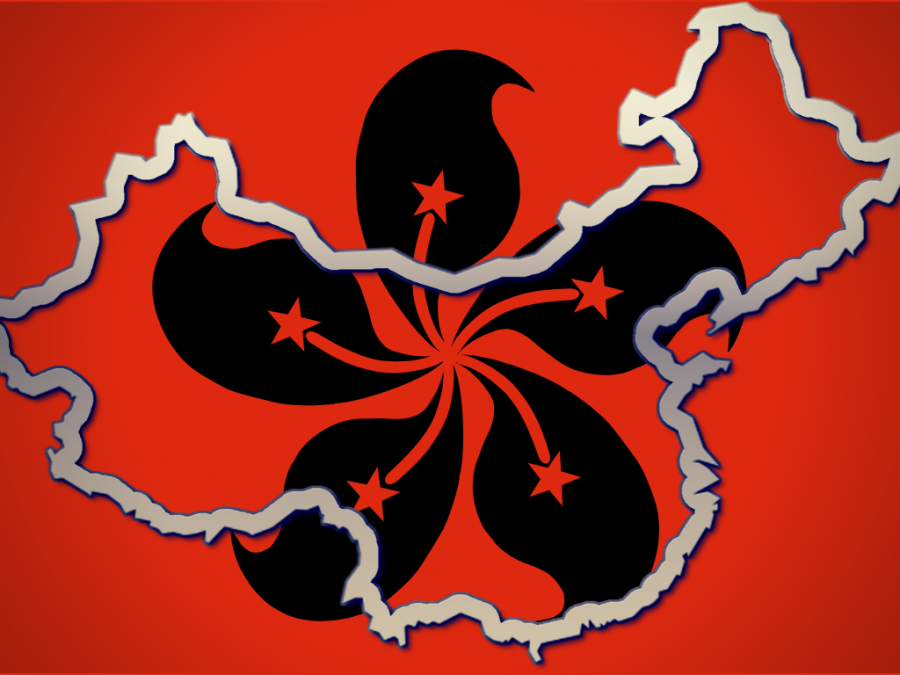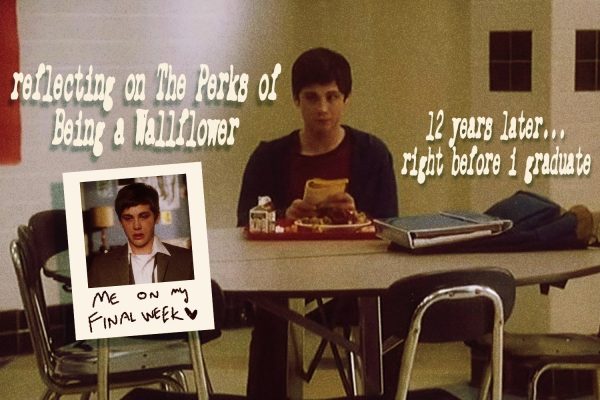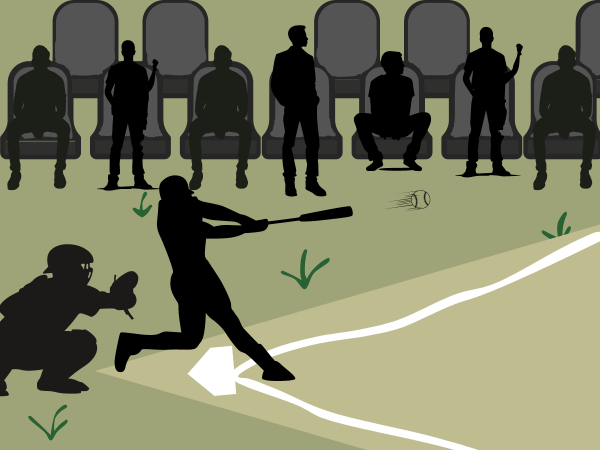The deterioration of the once great Hong Kong is truly a saddening event
Hong Kong, once the symbol of western wealth and power in the communist east now stands as a decaying reminder of the dangers of political gridlock. This pseudo-state has stood against the oppression of the authoritarian Chinese government for over 20 years but now it’s demise slowly looms as the Chinese dig their claws deeper and deeper into the city. To say that hong kong is in decline is a debatable opinion, Hong Kong, as it stands, is still one of the biggest centers of commerce in the world and the biggest in the east. However, to fully understand the predicament that the former British colony now finds itself it’s history is extremely important to know.
Hong Kong, by all intents and purposes, was always meant for greatness. The small region stood the test of time after dynasty and dynasty fell in China. It found its roots in European trade and slowly became an important trade hub in China. Soon, however, the Qing controlled Chinese government began to restrict trade into China. It’s most notable restriction was its ban of opium due to it spreading, and killing, like wildfire. The British Empire, who at the time was the source of the opium declared war on the Chinese beginning the first opium war. In the end, the Chinese stood defeated and the imperial government formally handed over Hong Kong to the British Empire.
The British Empire’s control of Hong Kong saw the city slowly modernize into the bustling trade capital of today. Despite complications during the second world war and other eastern conflicts the city slowly became into a capitalist beacon in the east showing the power of democracy. However, soon the city of wealth and power faced the growing threat of the looming Chinese government in the distance. The city was originally leased for 99 years by the British empire in 1898 as part of a deal between both countries. The date loomed on the solemn city and many wondered how it’d alter the global market and the balance of power between the US and China.
With so many citizens of Hong Kong awaiting the decision on their fate as a free city waiting on any news possible the UK and China agreed on a “One country two systems” solution to the hong kong question. This solution would have the city of Hong Kong become a part of China by definition but remain a mostly independent city for the next 50 years. The city was allowed to keep its government and economic system and even has its own flag and the Olympic team today.
The reasoning for allowing Hong Kong to remain largely independent may seem weird considering the strong nationalistic outlook in the Chinese government, however at the time the city of Hong Kong would control over 18% of Chinese wealth and be so influential it allowed it to persist as a pseudo-state. Now, however, that once unbridled power is almost completely fading away. The rise of the Chinese metropolis has caused Hong Kong to only cover around 2% of its overall wealth, a still big percentage but a sharp decrease from before. This decreasing dependence on Hong Kong has led China to slowly begin efforts to undermine the authority of Hong Kong in preparation for its final takeover in 2047.
The Chinese government has placed pro-unification officials in the city’s government and has recently finished construction on a great bridge to the city undermining its original borders. The political gridlock this has cost between the pro and anti hong kong factions has caused grave problems for the citizens of Hong Kong resulting in a flawed education system, crippling housing crisis, and an ever-growing fear of the eventual Chinese takeover. The situation of Hong Kong is a very pessimistic one, unlike other problems facing the world, there’s almost nothing we can do about this. In 50 years the city of Hong Kong will join the Chinese fold and what will happen after is almost unpredictable. However, the pride of the people there who in 2014 resisted Chinese political attacks on their nation and their national strength and belief in democracy and capitalism is nothing less of an inspiration across the world.
The same spirit that burned in the hearts of protestors in Tiananmen Square in Beijing now lives on in the hearts of the thousands in Hong Kong who long for political freedom. The case for Hong Kong may seem like an unfolding tragedy, but through learning of its failures and the dangers of political gridlock, society as a whole can begin to set a new path and fight authoritarianism.

Marco Rivero is a senior at Metea Valley and is spotlight Editor for the Stampede. When he's not listening to music, Marco enjoys keeping up with politics...












let me play the x-box mom • Oct 11, 2018 at 8:32 pm
To be fair, the Hong Kong natives didn’t have much representation under British control, similarly to how Britain had established their grip and flexed on India. Frankly, they were a part of China to begin with, and simply just live slightly different than them. Better in the hands of China than the vice of British rule.
Anonymous • Oct 11, 2018 at 7:51 pm
Hong Kong is always part of China, the same for Taiwan. It will never fall into the hand of Imperialism again!
A Concerned Metea Student • Oct 11, 2018 at 1:39 pm
Why are we writing articles about Hong Kong, when there are many issues at home in Metea. What good is this doing us?
it is loss • Oct 11, 2018 at 1:00 pm
Is this loss?
asldkfasdlkj • Oct 11, 2018 at 10:07 am
Dang Marco finna become a political scientist.
Hong Kong Metea Student • Oct 11, 2018 at 8:04 am
I hope this article is written for a good intention, but I really don´t see the point of this topic being discussed on a high school media website in Illinois. First of all, I am from Hong Kong, and I have just visited HK last summer. There are no ¨flaw¨ in our education system. In fact, the education system in HK is just very different than the ones in the US, in a good way if not better. The houses over ink HK are not ¨crippling¨. The only problem about the houses in HK is that in HK there is an overpopulation situation so the HK government has to keep building more and more houses that are about the average of 200 acres (usually about 100 to 500 acres). HK is doing fine right now from what I have seen there last summer when I visited. There is an overpopulation problem only because HK has developed well and it is a good country to live in. If China is really trying to take over Hong Kong, I´m sure the HK government will solve this between themselves. Because no matter what, like you said, HK is still their own independent country for 50 more years. The ¨unpredictable future¨ does not have to be discussed now. Hong Kong is doing just fine right now and no discussion is needed. Please cite your sources from wherever you heard or read these non-realistic facts.
b00nk • Oct 11, 2018 at 7:45 am
Nice Article! It really goes in-depth about the situation in Hong Kong.